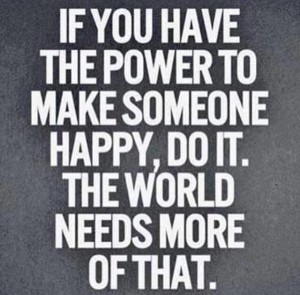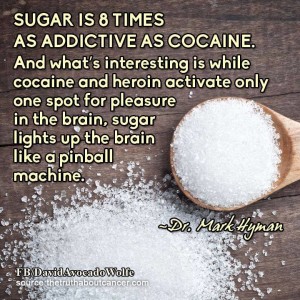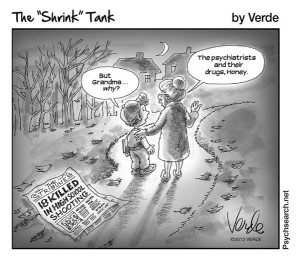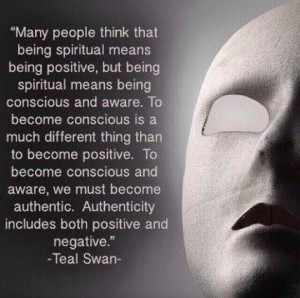Sugar 8 Times More Addictive Than Cocaine
You Sick – They Profit
If You Trust Government
The Remedy to the Latest Gun Control Hysteria from DC

As expected, the recent tragedy in Oregon has prompted more hysteria from gun grabbers including Hillary Clinton and President Obama. Their answer to gun violence – as usual – stricter gun “laws.” The response to their efforts, however, is more resistance to such plans on a state and local level.
http://shallnot.org/the-remedy-to-the-latest-gun-control-hysteria-from-dc/
Natural Painkillers
Fluoride Banned
Why The Killings?
Definition Of Spiritual
The ability to confront what is, not just what we want to be, is part of the road out.
If you get what you put your attention on, or what you validate, or to what you grant beingness, we should all be putting our attention very firmly on the future we wish to create.
For me that is a society of aware, free, ethical and healthy individuals enlightened as to their basic purpose in life, educated in how to effectively pursue their purpose, governed by a governmental structure preserving their freedom, protecting the environment for future generations and coexisting peacefully with other nations and improving the peace and harmony of all.
Pretty much the opposite of what we have.
An society of mostly unaware, unhealthy robot slaves governed by an elitist, know-best clique perpetually imposing a harsher police state, funded by unethical and immoral multi-nationals intent on pillaging, plundering and laying waste the environment as a consequence of the purpose to make as much profit as possible.









